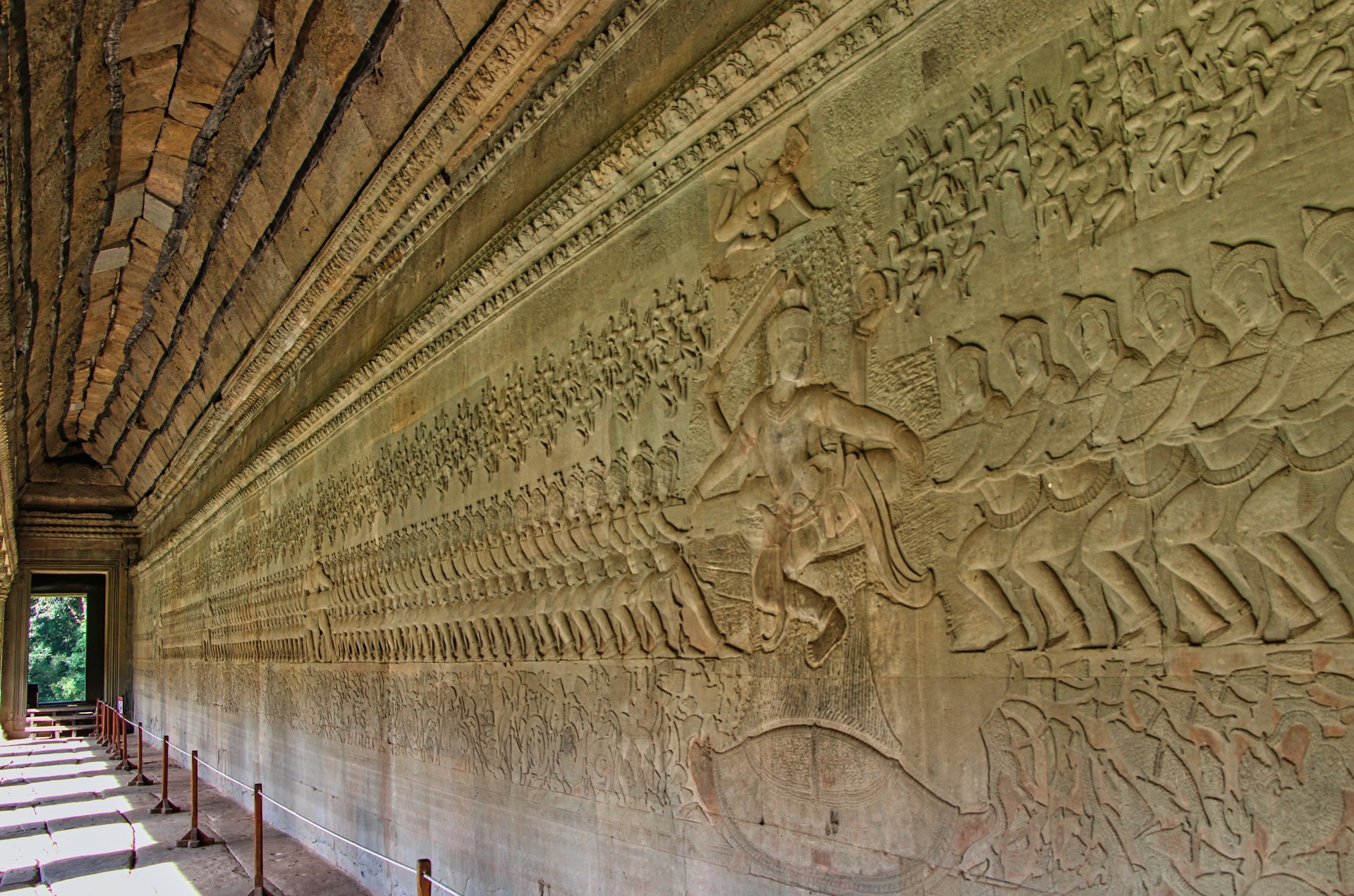How Nostalgia Drives the Success-and Limits-of Gaming Reboots and Remakes

Photo by Ruslan Sikunov on Unsplash
Introduction: The Emotional Power Behind Gaming’s Rebirth
The video game industry has seen a remarkable surge in reboots and remakes of classic titles over the past decade. This trend is not simply a matter of recycling old content-its success is deeply rooted in nostalgia . The emotional longing for childhood favorites has become a potent tool, influencing both development decisions and marketing strategies in gaming. Understanding how nostalgia fuels these projects provides insight into both player psychology and commercial game design [1] [4] .
Why Nostalgia Matters in Gaming
Nostalgia is more than just a fond memory; it is an intense emotional experience that connects players to their personal histories. In gaming, nostalgia often invokes a desire to relive formative experiences, be it the thrill of a first adventure or the comfort of familiar mechanics and music. This sentiment is particularly powerful in a medium where interactivity and memory are intertwined. Developers keenly understand that tapping into these emotions can create a strong commercial incentive for remakes and reboots [1] [3] .
The Mechanics of Gaming Nostalgia
Game nostalgia operates on several levels:
- Visual and Audio Cues: Remakes often retain iconic graphics, character designs, or signature soundtracks-sometimes updated, sometimes offered in their original form for comparison. This allows players to instantly reconnect with their memories [1] .
-
Core Gameplay Feel:
Developers must preserve the ‘feel’ of a game. For example, in the remake of
Super Mario All-Stars
, changes to Mario’s jump physics were met with backlash, illustrating how even minor deviations can disrupt nostalgic connections [1] . - Story and Emotional Beats: Iconic storylines and character arcs are often left untouched or carefully reimagined to preserve the emotional resonance that drew players to the original.
These elements are not just technical choices-they are deliberate efforts to invoke nostalgia and generate renewed enthusiasm among both old and new audiences.
Economic and Practical Benefits: Why Studios Choose Remakes
The economic rationale for remakes is clear. Reusing established assets, stories, and mechanics typically costs less than creating a new IP from scratch. Remakes also come with a built-in audience, lowering the risk of commercial failure. For example, remakes of
Duck Tales
,
Wonder Boy: The Dragon’s Trap
, and
Final Fantasy VII
have all enjoyed strong sales and critical reception by balancing old and new elements
[1]
[4]
.
Moreover, remakes allow studios to bring classic experiences to modern platforms, expanding their reach. This can introduce legendary titles to younger gamers who missed the originals, further increasing the value of a publisher’s back catalog [2] .
Implementation: How Developers Harness Nostalgia
To capitalize on nostalgia, developers follow a step-by-step process:

Photo by Zhibek Bizhanova on Unsplash
- Identify Fan-Favorite Titles: Studios research which games have the most enduring fan bases, often using forums, sales data, and player surveys.
-
Assess the Core Elements:
Developers determine which gameplay mechanics, aesthetic features, and story elements are most crucial to the game’s identity. For example, the
Resident Evil
remake preserved the claustrophobic atmosphere and resource management core to the original while updating controls and visuals [1] . - Modernize with Care: Teams update graphics, sound, and controls to match current standards but avoid altering the fundamental experience. Many remakes now offer ‘classic mode’ options, allowing players to switch between modern and original presentations.
- Market to Multiple Generations: Promotional materials highlight the game’s legacy for returning fans while emphasizing technical upgrades to attract new players.
Some studios also invite community feedback during development or release beta versions to ensure changes align with player expectations.
Challenges and Criticisms: The Limits of Nostalgia
Despite its power, nostalgia can be a double-edged sword. Over-reliance on familiar content may stifle innovation and result in disappointment if the remake fails to capture the original’s spirit. For example, altering fundamental mechanics or misrepresenting beloved characters can provoke backlash. The infamous reaction to changes in
Super Mario All-Stars
illustrates how passionate fans can be about even subtle shifts in gameplay
[1]
.
There is also an ethical debate about whether remakes and reboots exploit player memories for profit. Some critics argue that constant recycling of old titles may dilute the value of the original experience and narrow the creative scope of the industry [5] .
Alternative Approaches to Engaging Nostalgia
Developers seeking to balance nostalgia with innovation may consider several strategies:
- Spiritual Successors: Instead of remaking a game, create new titles inspired by beloved classics, blending old-school design with modern sensibilities.
- Community Involvement: Engage fans directly for feedback on which aspects are essential and which can be refreshed. This can be accomplished through forums, surveys, or open beta tests.
- Hybrid Releases: Offer both remastered and original versions in a single package, enabling players to choose their preferred experience.
Studios interested in leveraging nostalgia should conduct market research to identify which aspects of their legacy titles resonate most with current audiences. This can be done by analyzing trends on major gaming forums, reviewing sales data for past re-releases, and soliciting feedback via social media channels.
How to Access and Enjoy Remakes and Reboots
Gamers interested in revisiting or discovering classic titles have several options:
- Official Digital Stores: Many remakes and reboots are available on platforms such as PlayStation Store, Xbox Marketplace, Nintendo eShop, and Steam. Users can search for specific game titles or browse dedicated ‘classics’ sections.
- Physical Releases: Some remakes are offered as boxed editions at major retailers. To find these, visit official publisher websites for details on current availability.
- Gaming News Outlets: For reviews, news, and announcements on upcoming remakes, check established sites like IGN, GameSpot, or Polygon. These platforms provide verified release information and critical analysis.
- Community Recommendations: Engaging with online communities such as Reddit’s r/games or ResetEra can help identify which remakes faithfully honor their source material.
If you are seeking a particular remake, it is advisable to search for the title on your chosen platform’s official store or consult publisher announcements. For physical copies, check with recognized retailers or the official web pages of publishers like Nintendo, Sony, or Capcom.
Key Takeaways and Next Steps
Nostalgia is a decisive factor in the popularity of gaming reboots and remakes. Its emotional pull can bridge generations, but it also demands careful stewardship from developers. For those interested in exploring or revisiting classic games, the best approach is to utilize official digital storefronts or consult reputable gaming news sources for the latest releases and updates. Consider participating in community forums to share your experiences and opinions, which can influence future remakes.
References
- [1] BFI (2023). One more time: nostalgia and gaming’s remake culture.
- [2] Bosman, F. (2023). On Retro Gaming, Remakes, Reboots, Game Nostalgia.
- [3] Harsh Pop Culture (2013). Nostalgia & Video Games: Remakes, Reboots, and Reimaginings.
- [4] King Kong Magazine (2023). When the video game (over)does nostalgia.
- [5] TransPerfect Games (2023). Are Remakes and Remasters Exploiting Gamers’ Memories?



